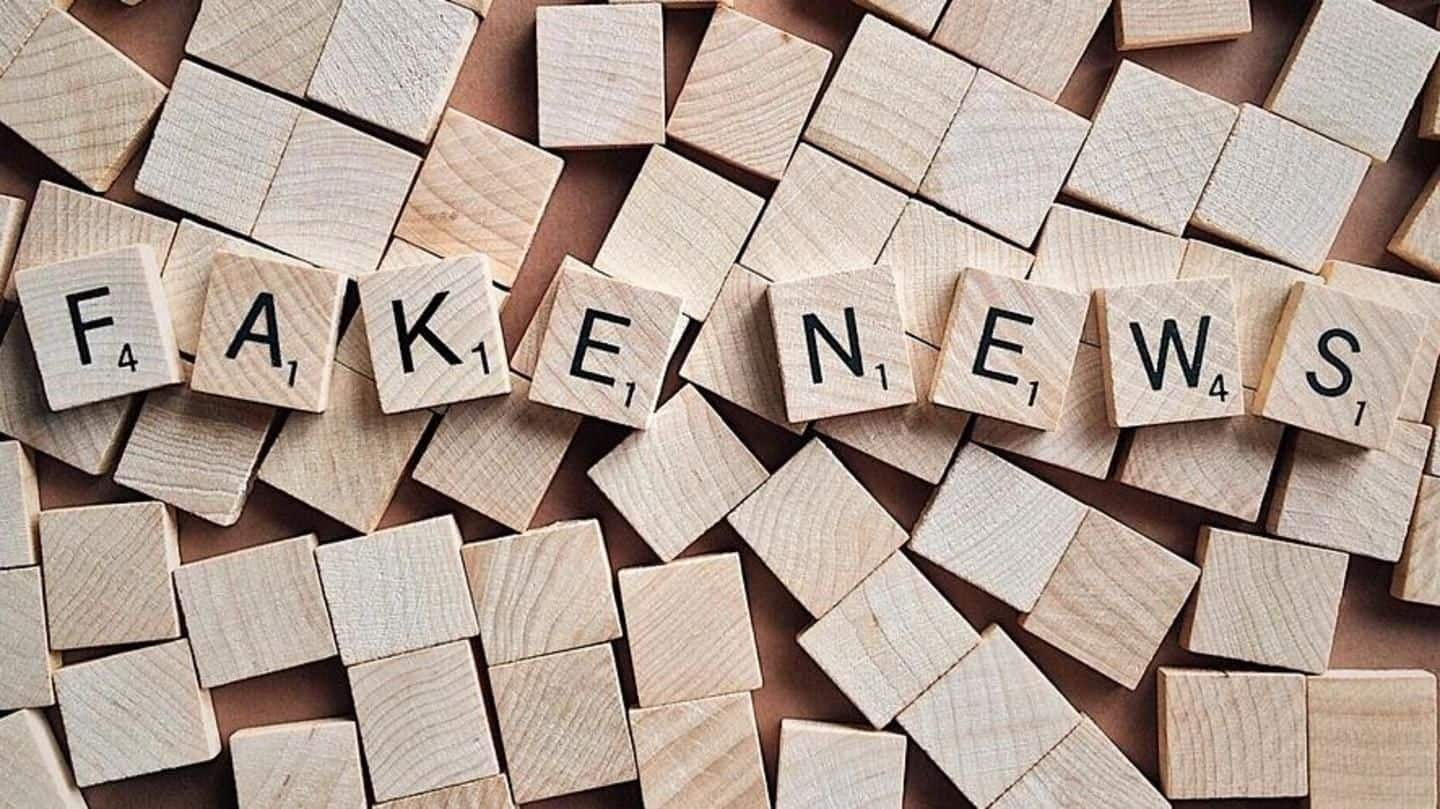
Media censorship fears rise after Malaysia's proposed fake news law
What's the story
While battling fake news is media's biggest challenge all over the world, a new rule proposed by Malaysian Prime Minister Najib Razak has stirred censorship fears in the country. At the heart of this insecurity is the broad definition given to fake news that many believe is meant to censor press. Reportedly, offenders can be jailed up to six years and fined $130,000.
Do you know?
How does the new bill define fake news
The bill states fake news as "news, information, data and reports which is or are wholly or partly false," and an offender as somebody who by any means "knowingly creates, offers, publishes, prints, distributes, circulates or disseminates any fake news or publication containing fake news."
It's draconian
Proposed law will give government 'extra-territorial' reach
People in Malaysia have slammed the government for proposing the bill, calling it a move by the PM to clamp down on dissent before general elections in August. Zaid Ibrahim, former minister of legal affairs said, "This law is necessary for Najib, but not the country. He needs this to put fear in people, that they can go to jail if they criticize him."
Quote
Why introduce new law when they are plenty already?
Bar council president George Varughese said, "Malaysia already has a plethora of laws to control media including Printing Presses and Publications Act 1984, the Communications and Multimedia Act 1998, the Internal Security Act 1960, the Sedition Act 1948 and the Official Secrets Act 1972"
Instagram Post
Even PM's brother calls bill should be debated upon
Details
Najib Razak and media: A not-so-sweet affair
In the past, the Najib government has clamped down on many who violated the 'country's media freedom'. Malaysian artist Fahmi Reza was earlier this year, fined and jailed for painting Razak as a clown. Cartoonist Zunar was slapped with sedition charges. 18-year-old news website Malaysiakini has been threatened to shut down, fined, and even taken to court for criticizing the government.